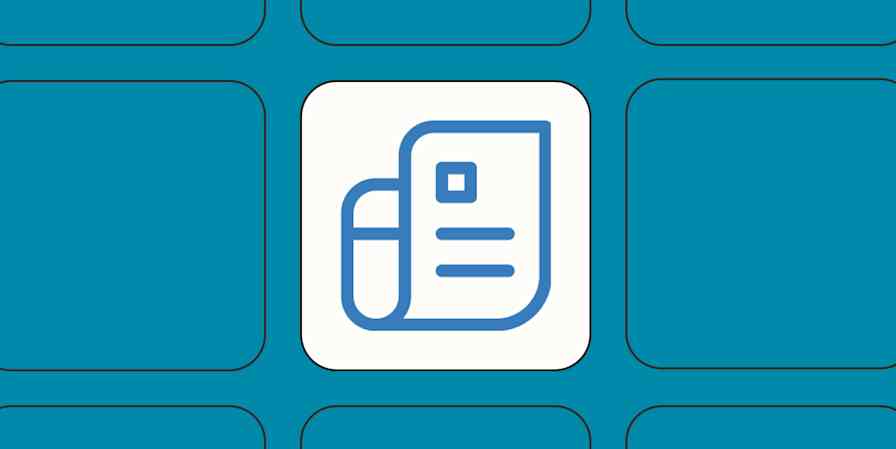Automation inspiration
2 min read5 workflows to streamline your invoice and payment processes
By Krystina Martinez · February 4, 2021

Get productivity tips delivered straight to your inbox
We’ll email you 1-3 times per week—and never share your information.
Related articles
Improve your productivity automatically. Use Zapier to get your apps working together.








